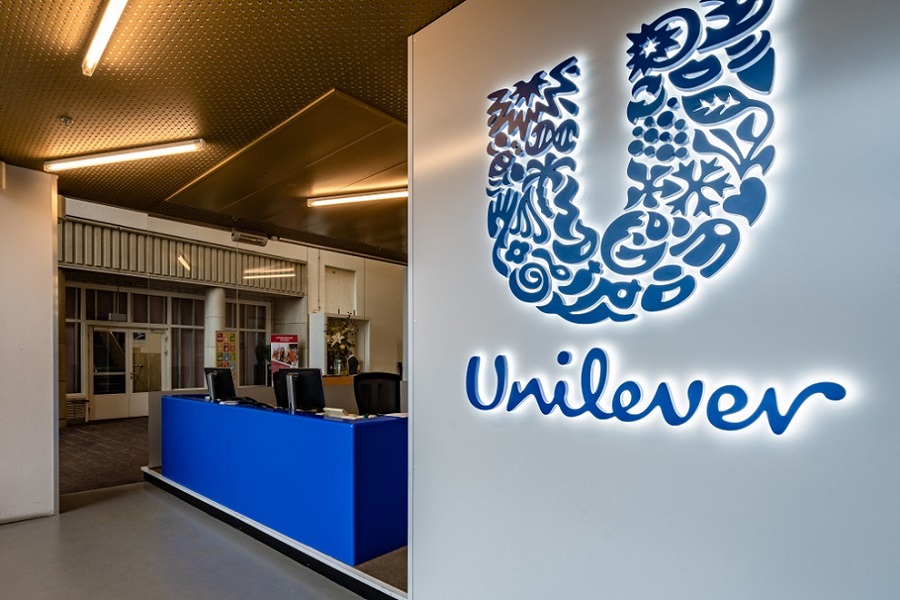Most businesses have a very similar lifecycle; while there are different ways this could play out, the script is pretty much the same – startup, growth, maturity/peak, decline. At this point, a reversal, which could be in the form of the company’s rebranding or a redefinition of operations based on current trends, then has to take place to lead to the company’s rebirth and restart the cycle – otherwise, meet its end.
Over the past few years, Unilever – producer of some of the most top-of-mind household and lifestyle brands, has experienced a decline in its operations. The 91-year old FMCG company having around 400 loved brands in more than 190 countries had hit a wall with structural deficiencies around its management of trade receivables in Nigeria. This issue dates back to 2016 when the only amount reported as cash out of a revenue of about N32 billion in the first 6 months of the year, the company only collected N8.6 billion in cash. In 2019, it wrote down about N721 million in impaired receivables and had to put out strict measures to tighten its credit policy to its distributors to enable it manage its huge receivables. A previous Nairametrics article captures all the preceding details.
READ ALSO: UBA Records 13% Earnings Growth and Delivers N111billion Profit
In 2019, Unilever’s revenue plunged in 3 out of 4 quarters, and the trend has continued this year as its most recent results have followed the same momentum. Covid-19 has not made it any easier as inflation amongst other economic constraints has threatened the purchasing power of Nigerians who would have reallocated funds to only essential items. Its Q1 2020 interim report, revealed a 30% decline across its revenues streams. Revenue had fell by 19.5% from N9.2 billion in the corresponding quarter in 2019 to N7.4 billion in Q1, 2020. Its H1 results, together, show a 36% decline in revenue as both business lines – Food Products and Home & Personal Care, reported 28% and 43% declines respectively as compared to H1 2019 results.
READ ALSO: GTBank declares closed period as directors meet July 22nd to consider H1 result
The brand has good market share and fair fundamentals
Unilever’s Home & Personal Care division has a wide range of popular products like LUX beauty soap, Close-Up toothpaste, Vaseline Petroleum Jelly, OMO Multi-Active Detergent, Sunlight washing powder, Pepsodent toothpaste, Rexona, Pears Baby Product ranges and many more while its Food Products division has names like Lipton Yellow Label Tea and Knorr bouillon cubes in its stash. If most of these names ring a bell, it is because the company has overtime developed these brand names and attained good market share. That said, it also has competition like Nestle on its tail.
READ MORE: Top 10 highest earning CEO’s in Nigeria
Unilever’s share price at market close today is 12.85, on the low side of its 52-week range of 9.90 and 32.00. While its price to book ratio isn’t bad at 1.1184, revealing a level of undervaluation, its negative EPS of -1.44 is worrisome albeit attributable to the overall reduction in earnings. One of the peculiarities of companies at this phase is a change in management so as to stir the waters and enforce the required amount of change to cause a turnaround. Toeing the line, the company had asked its previous CEO Yaw Nsarkoh to resign and Mrs. Adesola Sobande-Peters was delegated as the interim Managing Director of the company.
READ: Dangote to create 100,000 jobs with sugar projects
Its rebound will, however, only come to fruition when major strategies are deployed to rebrand its operations, better structures are put in place, and new markets based on current trends are explored so as to increase its revenue across all frontiers. For investors, the best bet might be to hold on for the long term until losses are recouped.
